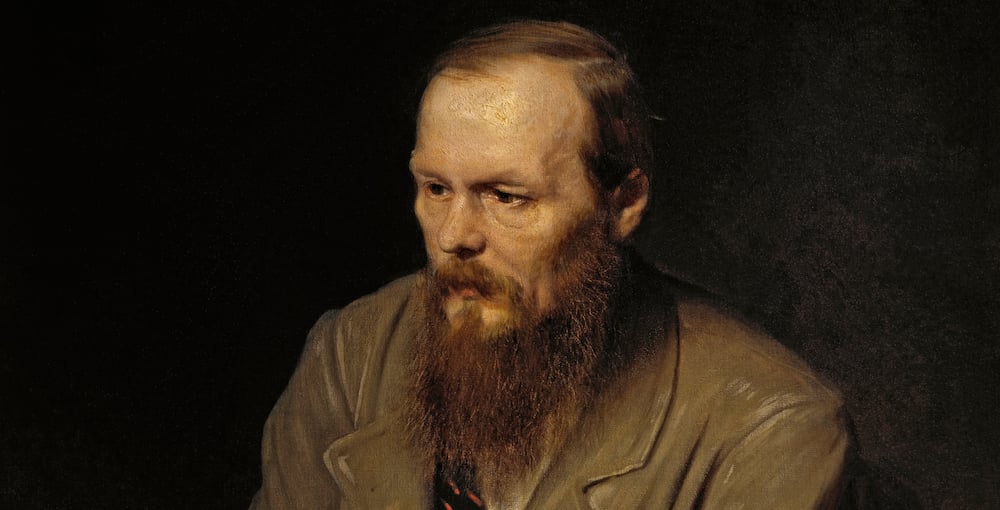“Even in a toothache there is enjoyment.” This is the perspective of the narrator in Notes from the Underground, perhaps the most spiteful narrator in all of literature. The creation of Fyodor Dostoevsky, the so-called Underground Man takes pleasure in his bad liver, in his bad choices, and in his misery. Why? To defy rational self-interest and the possibility of a perfectible future.
Login to read more
Sign in or create a free account to access Subscriber-only content.
Topics:
